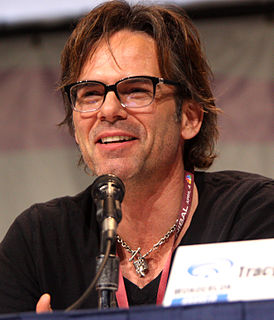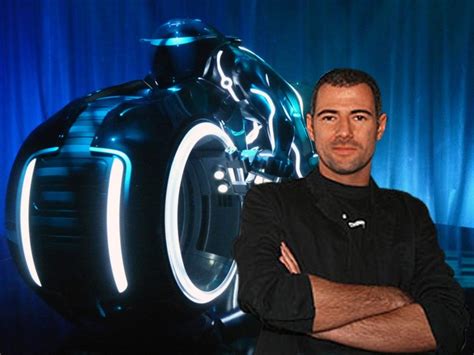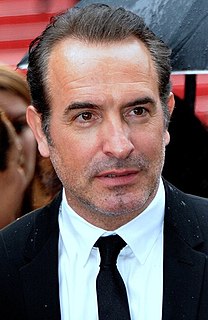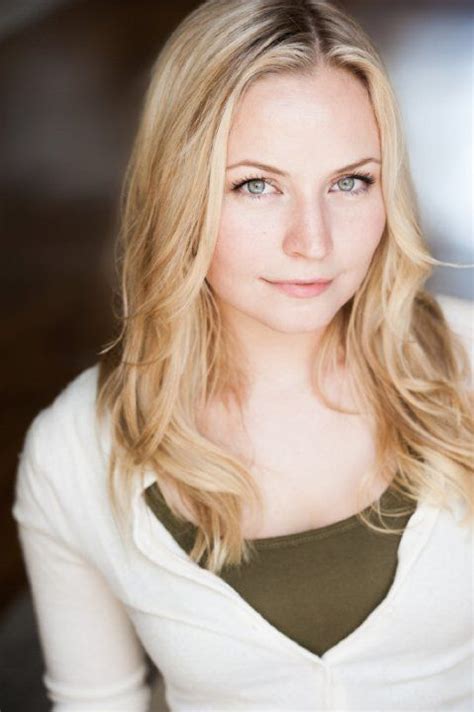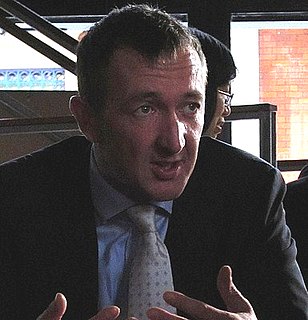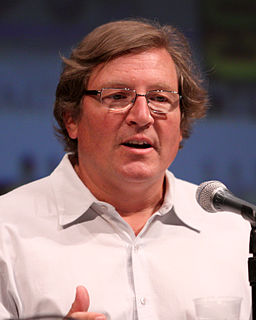A Quote by Billy Burke
Actually shooting a 3-D movie is not different at all than making a 2-D one. You never really notice that you're making a 3-D movie. The terminology used around the set is a little bit different, but other than that, you'd never know.
Related Quotes
This is a universal, unique movie, it has potential to cross barriers. But we never thought about that on set, when we were doing the film. We knew that in making a silent movie, we were doing something a little bit under the wire, a bit interdit. It's a pastiche, but for the French taste, you would have thought.
Mo-cap work is less technical than you'd expect. Once you have it all set up you're free to do the whole scene in one take rather than doing a lot of different shots and different takes like you do in a movie. You've got that one go at it and you've got a lot of freedom. You can really express yourself - more like doing theatre than doing a movie.
I'm actually not so sure what I'm hoping to find making photographs. You always want to come back with an image that's interesting visually, and you hope to get something from the person you photograph that's different than other images you know of these people. I don't know how I go about it. I also don't know how exactly what I set out to get other than these two things.
You can actually improvise a lot as a voice actor. It's not that entirely different than shooting a live action movie; the characters mouths are quite easy to manipulate once all the information is built into the computer. So you can improvise a lot and it doesn't matter really how far along they are in the process they can really just make the character say something different.
I think what's fun of making a Transformers movie is that it gets to be all of the above. I think, thematically, this movie is ... because of the third movie, you can ask questions in this movie you couldn't ask in the previous films. Like I was referring to the fact that they were abandoned by humans in the previous film; their attitude is different, so we've been able to tackle different themes.
People have different goals, when you start out making a movie. If the goal is darkness and destruction and despair, it's not like, "Hey, let's go to set, and then let's hit the bar afterwards. Let's jaunt into London and pick up some Chinese food." No, you go home from set and you go fight at the gym, and then you go to sleep. You stay in it. You never excuse yourself, you never take it easy on yourself, you never eat good food.
With 'Duplicity', I was a little bit like, 'This isn't that hard of a movie.' This isn't like some huge brain trust of a movie. You gotta be a little bit awake to follow the plot, but it's really just a kind of light entertainment. It's like those Cary Grant movies, which are not meant to be anything other than diverting. In a nice way.
